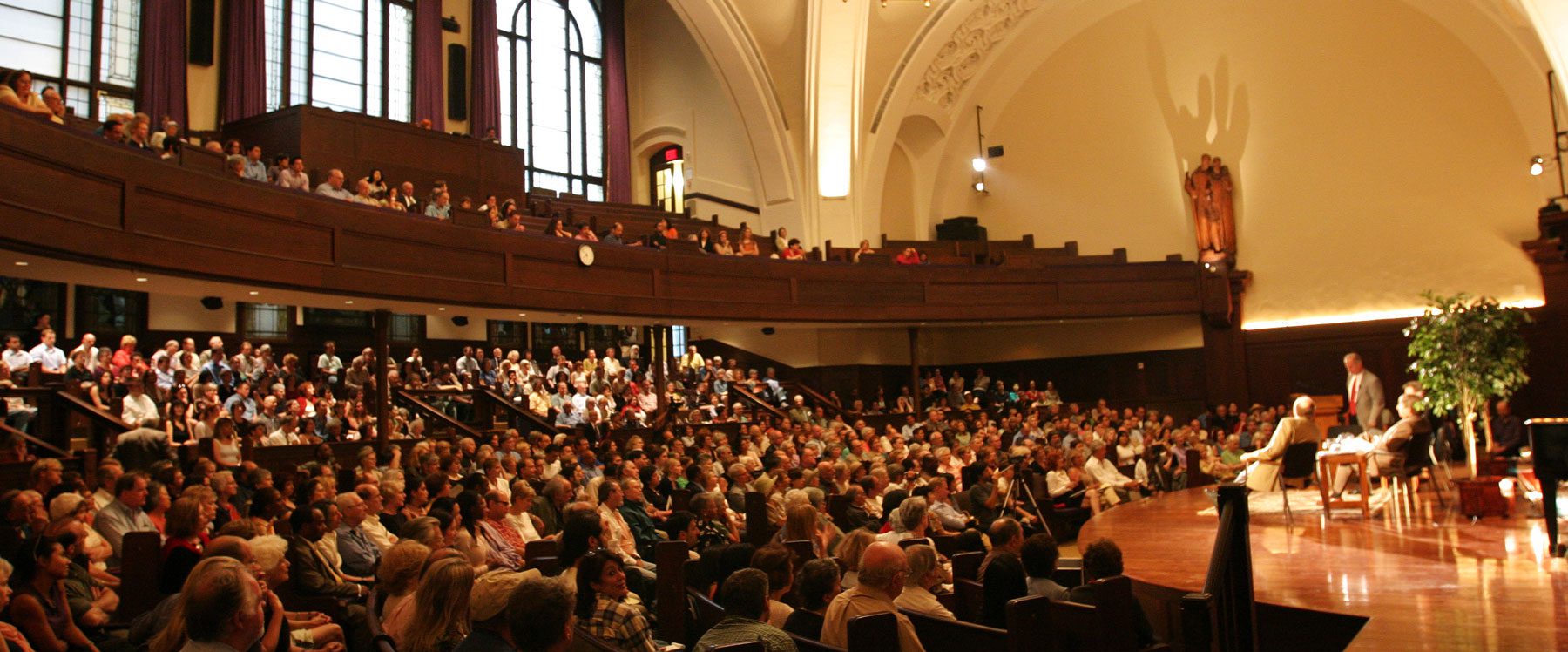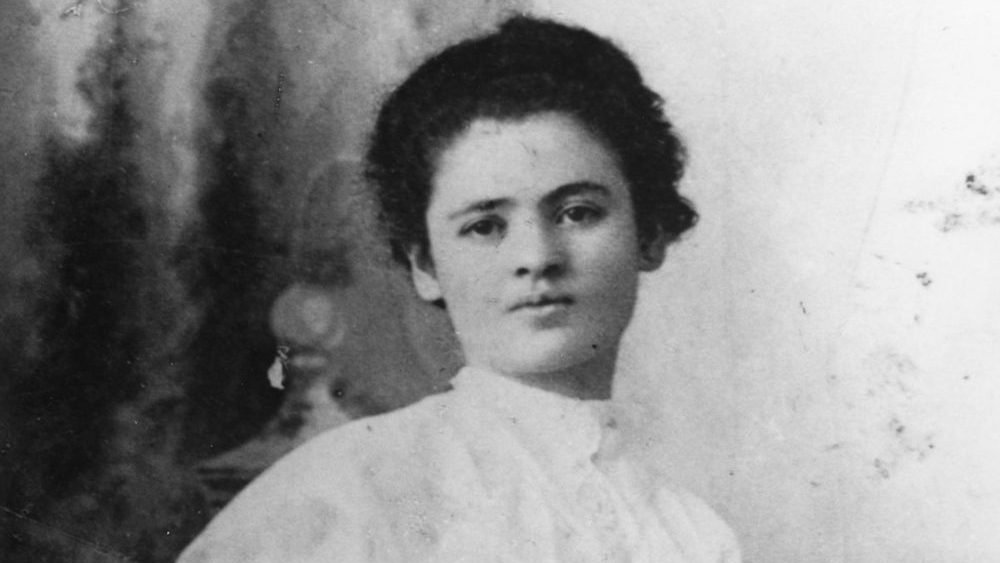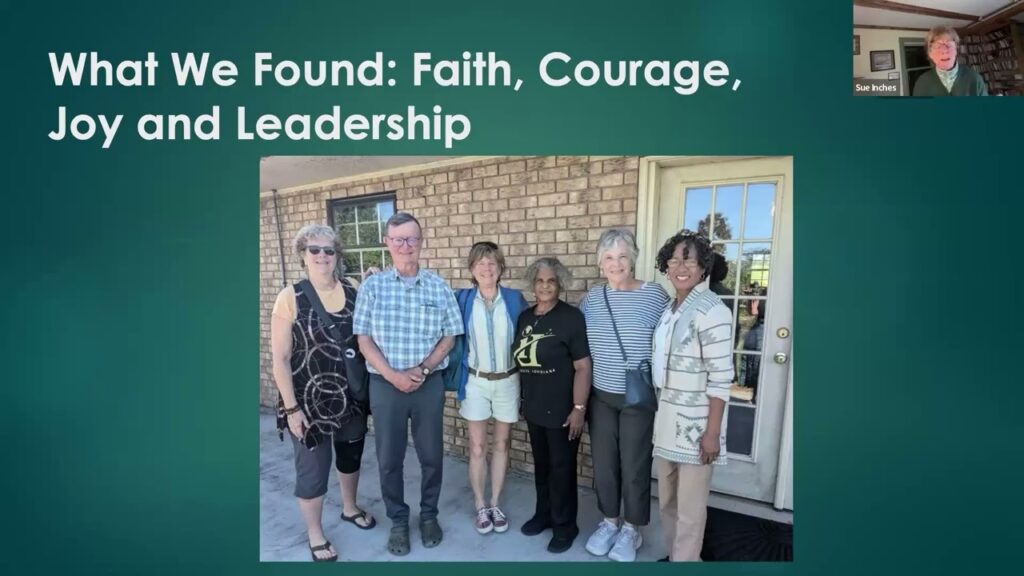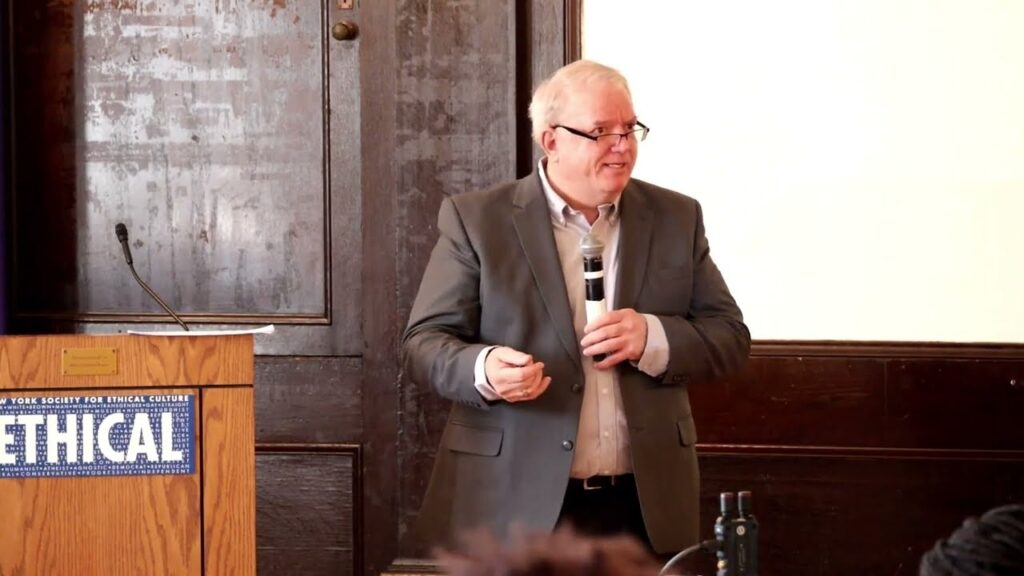
What can one write about Haiti that has not already been written in the days since an earthquake with the magnitude of 7.0 devastated that land and its people? Nothing, really. So let’s take some time to reflect upon the ways that people still suffer from the non-discriminatory power of nature and the discriminatory nature of people in power.
There were as many fatalities in the small country of Haiti (approximately a quarter of a million) as there were across southeast Asia in the tsunami of 2004. After the tsunami, aid groups and governments established a system by which the deceased were photographed before being buried so loved ones could search for them. In Haiti, almost all the dead are uncounted and anonymous, dumped unceremoniously into mass graves. According to anthropologist Ira Lowenthal, who has lived in Haiti for 38 years, this does not reflect callousness, but rather an unprecedented catastrophe that has overwhelmed every humanitarian effort.
What can account for this deadly comparison? Some say that Haiti is “godforsaken.” Christian televangelist Pat Robertson, true to his terrible theology, said that Haitians are suffering the consequences of a pact they made with the devil in the 18th century. On the “700 Club” he said, “Something happened a long time ago in Haiti, and people might not want to talk about it. They were under the heel of the French. You know, Napoleon III and whatever. And they got together and swore a pact to the devil. . . The Haitians revolted and got themselves free. But ever since, they have been cursed by one thing after the other.”
My limited understanding of “pacts with the devil” implies that clients actually benefit in some way – for example, wealth, success, love – before they die. Surely the people of Haiti enjoyed no such benefits. Yes, some individuals lorded ill-gotten gains over their countrymen, lining their pockets and furnishing their mansions, torturing and killing their opposition. But for centuries most Haitians have known only crushing poverty and sickness or heartbreaking diaspora.
The average life expectancy for a slave under control of the French West India Company was 21 years. Today it is 44 years. Haiti declared its independence in 1804, but it was not free: In exchange for diplomatic recognition from France, Haiti paid reparations from 1825 to 1947 to its former colonizer. By 1900 eighty percent of Haiti’s national budget was spent on loan repayments, completely destroying its economy. Due to the process of soil erosion, started by the French, and continued today by people cutting down trees to burn for heating and cooking, Haiti is 98% deforested, and with each new storm more soil disappears. There are those desperate enough to mix vegetable oil with mud to make something that looks like an edible biscuit.
How must it feel to love such a cruel home? After the earthquake, Rev. Joseph Lejeune called out to his congregation, “Think of our new village here as the home of Jesus Christ, not the scene of a disaster. Life is not a disaster. Life is joy! You don’t have food? Nourish yourself with the Lord. You don’t have water? Drink in the spirit.” An unemployed parishioner told a NY Times reporter, “It may seem like a strange moment to have faith, but you can’t blame God. I blame man. God gave us nature, and we Haitians, and our governments, abused the land. You cannot get away without consequences.”
Not the devil, not god, not nature: Human beings forsook their brothers and sisters in Haiti. We must all take responsibility and release them from the hell of their existence. The National Service Conference, part of the American Ethical Union and a non-governmental organization of the United Nations, established the Rose L. Walker Fund in order to quickly respond, as an ethical movement, to global crises such as this one in Haiti. Donations will go to Haiti in two waves – one to address the immediate health crisis through Doctors without Borders (http://doctorswithoutborders.org), the other to support development through Fonkoze (http://www.fonkoze.org). Visit their websites to learn more about their work.







